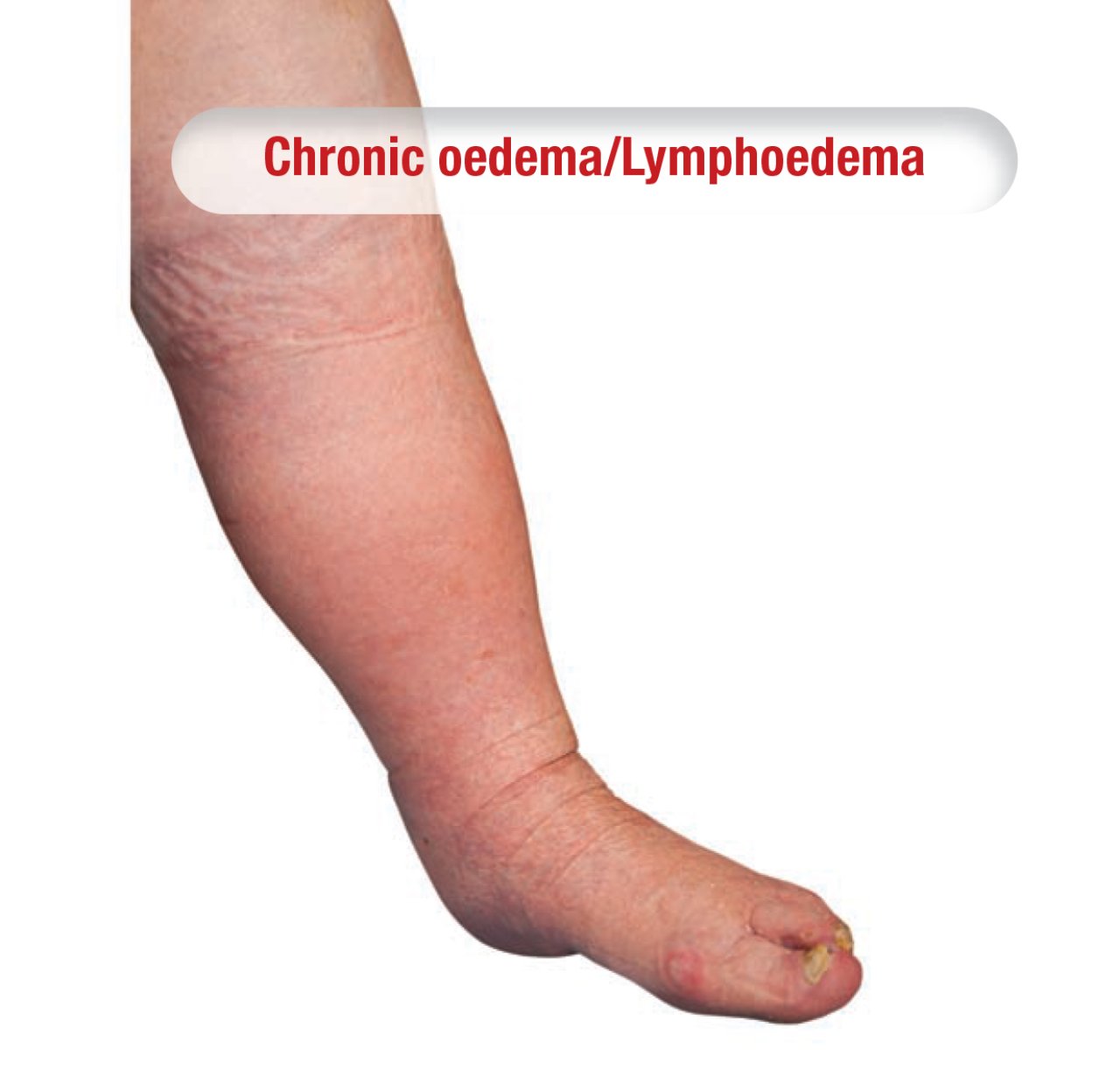What is Lymphoedema?
Lymphoedema is a collection of fluid (called lymph) in a part of the body. It occurs either because there is too much fluid for a normal lymphatic system to process, or the lymphatic system just isn’t working properly. The lymphatic system is a super important part of our body, with many jobs, one of those being to drain excess fluid from around our cells, and eventually return it back to our blood circulation.

What is lymphoedema?
There are 2 general types of lymphoedema, primary and secondary.
Primary lymphoedema
Primary lymphoedema is when you are born with a lymphatic system that doesn’t work as well as it should. This might be because the bits that make up the lymphatic system aren’t working properly, or they’re simply not there = swelling. Primary lymphoedema is present from birth, though may not be noticeable until later in life, or when the lymphatic system is challenged in some way. For example, pregnancy, injury, surgery or becoming overweight etc.
Secondary lymphoedema
Secondary lymphoedema develops when something is done to the lymphatic system. For example, cancer surgery where lymph nodes are removed or damaged by treatment. If this is relevant to you, linking in with your local lymphoedema service would be a great idea (if you aren’t linked in already) so that you can chat through what your treatment means, understand what your lymphoedema risk is and know what things you can do to minimise your risk. Secondary lymphoedema may also develop in the presence of other chronic health conditions or lifestyle factors, such as having trouble with your veins, lipoedema, a lack of physical activity or being overweight.
Diagnosis
A diagnosis of lymphoedema will usually come from a doctor who specialises in lymphatic disorders. Your GP can refer you to a specialist (or specialist centre) for some tests either privately or via the NHS, which will likely then be followed by a referral to your local lymphoedema practitioner to get you on the right treatment track. If you’re not sure where your closest lymphoedema service is located, check out the British Lymphology Society therapist directory here.
While lymphoedema is not curable at this time, there are plenty of things that can be done to manage it. I like to think of it like brushing your teeth or putting your trousers on before you leave the house (hopefully both…). We do these things, every single day, so that our teeth stay clean and we, er, don’t get arrested! They simply form part of our routine. Managing a chronic health condition, like lymphoedema, can certainty take some adjustment. Though by adding a thing or two to your normal routine, your lymphatic system will seriously thank you.
Blog post written by Lady Lymphoedema. Follow her on Instagram for more information and top tips around lymphoedema.
Read part 2 - What can I do to better manage my lymphoedema?